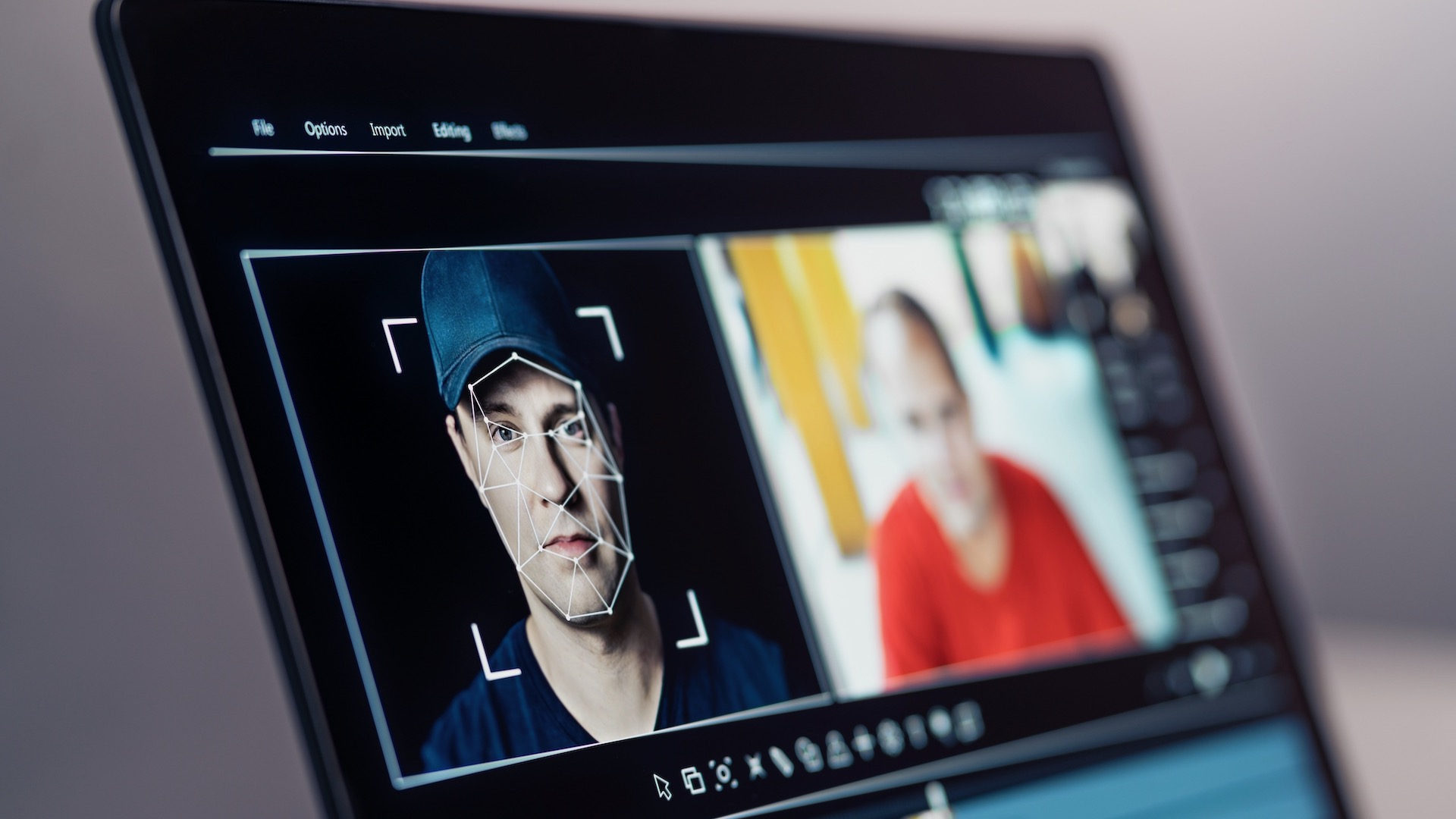YouTube will now take down AI deepfakes of you if you ask
Policy update adds a way to report unauthorized AI voice and face mimicry

Spotted an AI-produced version of yourself in a YouTube video recently? Don't worry – you can now ask the platform to take it down.
That's because YouTube has quietly implemented a new policy addressing concerns over AI-generated mimicry of people, allowing affected individuals to request the removal through YouTube's privacy request process. It marks the latest in ongoing efforts by YouTube and other social media platforms to grapple with synthetic media and AI content shared by users of other people.
The rise of AI-generated content has posed significant challenges for platforms such as YouTube. Synthetic media, including deepfakes, can create highly realistic but misleading representations of individuals, leading to privacy concerns and potential misuse. In March, YouTube introduced a tool in Creator Studio for creators to disclose when their content is made with synthetic media. The platform is also piloting a crowdsourced notes feature that will indicate if a video with AI content is misleading or simply a parody.
"If someone has used AI to alter or create synthetic content that looks or sounds like you, you can ask for it to be removed," the new policy reads. "In order to qualify for removal, the content should depict a realistic altered or synthetic version of your likeness."
The updated policy enables individuals to file complaints about AI-generated content that they believe violates their privacy. Previously, YouTube would just label such content as created by AI or potentially misleading.
Privacy problems
Now, the person depicted through AI tools or their lawyer can submit a privacy complaint and get it taken down, at least in most cases. Content creators have two days to remove the likeness or the whole video after the complaint comes in. If they do nothing, YouTube will review and decide if the complaint has merit.
There's no guarantee of removal, however. The decision depends on factors including whether the video acknowledges the AI origins, uniquely identifies a person, is made as a parody or for satirical reasons, or involves a public figure carrying out criminal activity or endorsing someone or something.
Get daily insight, inspiration and deals in your inbox
Sign up for breaking news, reviews, opinion, top tech deals, and more.
Notably, privacy complaints are separate from getting Community Guidelines strikes. Privacy complaints don't automatically mean a strike against the user, though repeated privacy violations could lead to the user getting banned.
You might also like

Eric Hal Schwartz is a freelance writer for TechRadar with more than 15 years of experience covering the intersection of the world and technology. For the last five years, he served as head writer for Voicebot.ai and was on the leading edge of reporting on generative AI and large language models. He's since become an expert on the products of generative AI models, such as OpenAI’s ChatGPT, Anthropic’s Claude, Google Gemini, and every other synthetic media tool. His experience runs the gamut of media, including print, digital, broadcast, and live events. Now, he's continuing to tell the stories people want and need to hear about the rapidly evolving AI space and its impact on their lives. Eric is based in New York City.